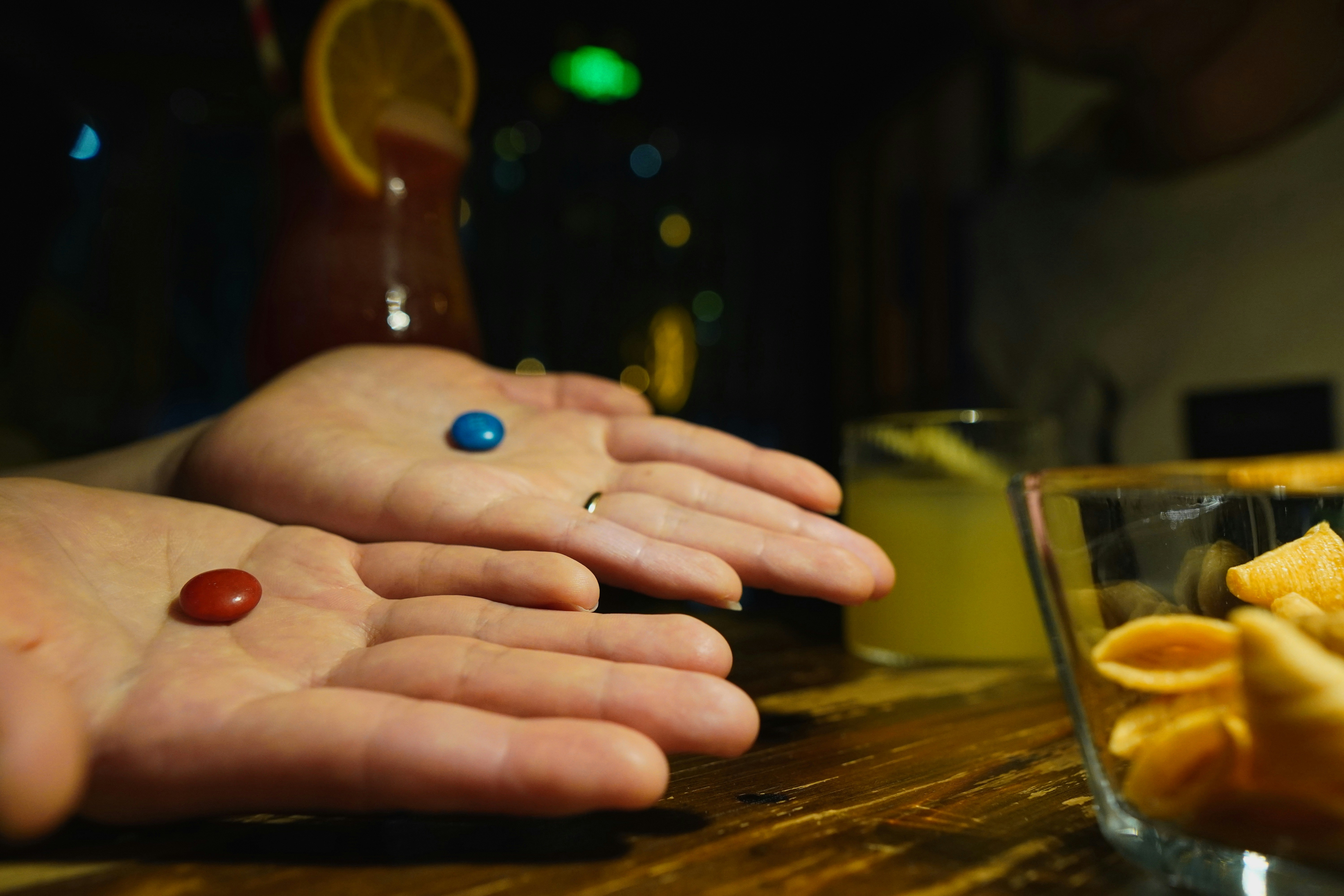The Complicated Relationship with Medication: Hope, Frustration, and Finding What Works

When I was first prescribed medication for bipolar disorder, I felt equal parts hope and dread. There was hope that maybe, finally, something would help that I would not have to live at the mercy of my moods, that I could find some kind of anchor in a world that had felt so unpredictable. But there was also dread. Deep down, I knew that stepping into the world of medication was going to be a journey, not a one and done solution, and I wasn’t sure I had the energy for it.
Nobody told me how long that journey could be, how many pills I would try, how many side effects I would have to manage, or how often I would feel like I was close to something that worked, only to watch it slip away again. The truth is, medication is not magic, it is trial and error, and sometimes it feels like the most personal kind of roulette.
Medication became the most personal form of trial and error imaginable
I remember starting my first mood stabilizer and thinking this would better fix everything. I had so much wrapped up in that one prescription. I wanted it to be the thing that brought me back to myself. Instead, it gave me brain fog so thick I could barely think. My hands trembled. I felt disconnected. But I kept going, telling myself it might just be a rough start.
Then came the next medication. This one dulled my highs. And that, if I’m honest, broke my heart more than I expected. I missed the brightness of hypomania. I missed the energy, the creativity, the sense of being alive in a way that depression never allowed. Even though I knew it wasn’t sustainable, I couldn’t help but feel like something essential had been taken from me. Without those highs, I felt muted. I felt like a lesser version of myself.
Tracking my body’s signals and speaking up turned out to be acts of self care and courage
With the support of my psychiatrist, I kept track of how I felt. I journaled everything sleep, mood, appetite, thoughts, energy. I started to notice patterns. I learned to speak up when something wasn’t right. I learned how to advocate for myself in the doctor’s office even when I was afraid of sounding difficult or too sensitive.
Eventually, after what felt like an endless cycle of trying and adjusting, I found a combination of medications that helped, not perfectly, not completely, but enough. Enough to get out of bed more days than not. Enough to feel present in my life. Enough to make plans and keep them. Enough to begin trusting myself again.
I discovered that stability does not mean feeling nothing, but means feelings no longer consume every part of life
Medication taught me patience, real patience, the kind that forces you to sit with uncertainty and discomfort for longer than you want to. It taught me that sometimes progress does not look like a breakthrough. Sometimes it looks like showing up to your appointment and saying this still isn’t working. And sometimes it looks like trying again.
It also taught me how to listen to my body to notice the signals it sends when something is off, to understand that being numb is not the same as being well. I learned to ask hard questions. I learned to say I want to feel more like myself and to believe that was a valid request.
Finding a middle ground transformed my relationship with medication and with myself
That middle ground is where I live now. It is not perfect. I still have side effects dry mouth, occasional fatigue, trouble concentrating at times. I still have days where I wonder if this is the best balance or if there is something better out there I haven’t tried yet. But I no longer see medication as the enemy. I see it as a part of my support team. Alongside therapy, sleep, movement boundaries, and community medication play a role in helping me stay well.
And if you are in the thick of the trial and error season right now, I want you to know that I see you. I know how exhausting it is to keep going when nothing feels quite right. I know how tempting it is to give up after another round of side effects. But please don’t settle for miserable just to be medicated. You deserve a treatment plan that supports you, not one that flattens you.
You are not broken because you need medication. You are not weak because it is taking longer than you expected to find what works. You are brave for showing up to this process with honesty and care. You are brave for holding onto the possibility that things can get better even when it doesn’t feel like it today.
Keep asking questions. Keep showing up. Keep trying. You are worth the effort it takes to feel whole.


